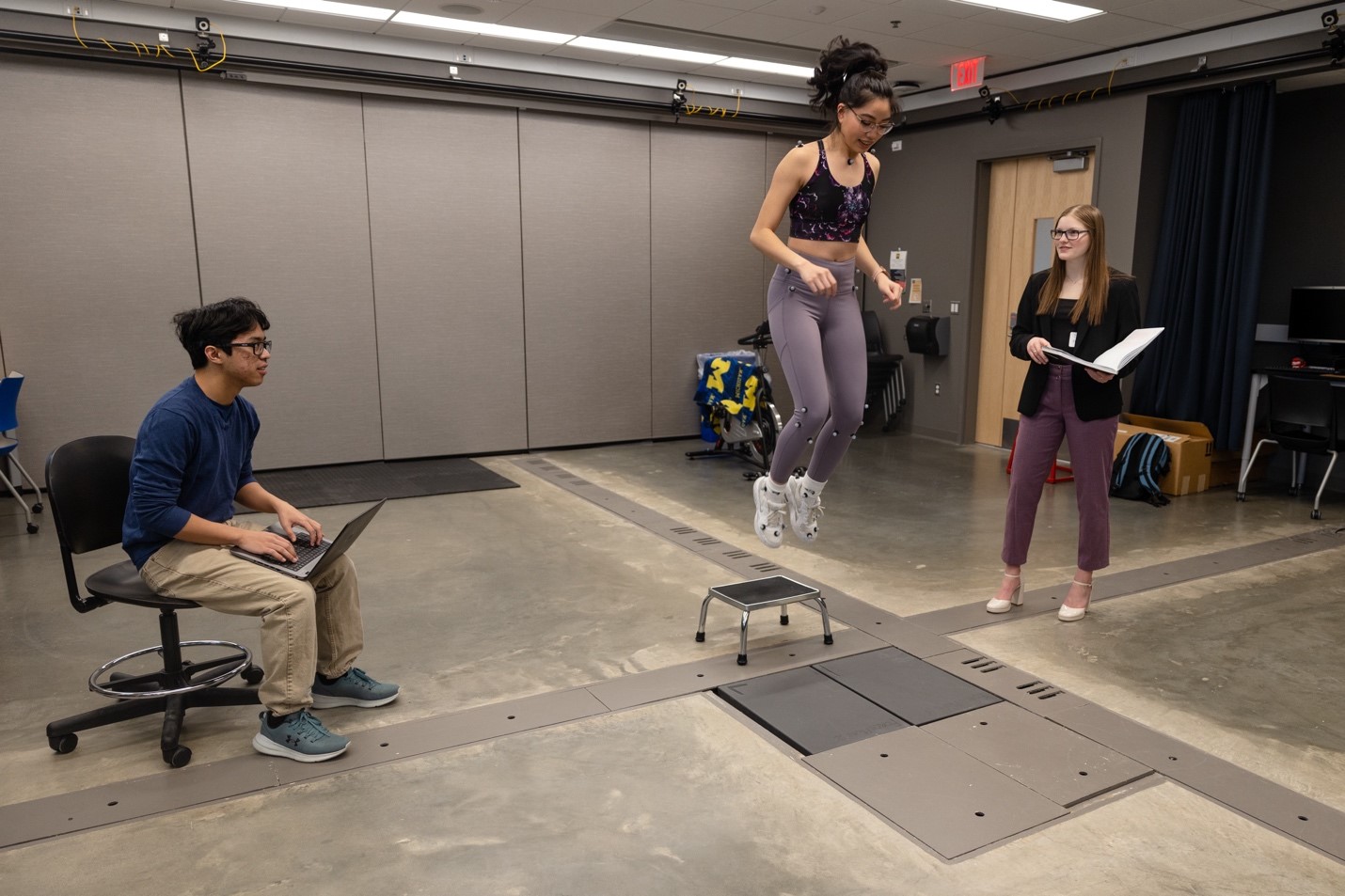Combine Science With Engineering to Improve the Quality of Life
 Our undergraduate bioengineering program at the University of Michigan-Dearborn opens a world of opportunities to make a difference by improving the quality of human life. Bioengineering is a rapidly expanding multidisciplinary field that combines scientific principles from biology, chemistry, physics, and mathematics with the best techniques from mechanical, electrical, chemical, and computer engineering and breakthrough advances developed in recent years.
Our undergraduate bioengineering program at the University of Michigan-Dearborn opens a world of opportunities to make a difference by improving the quality of human life. Bioengineering is a rapidly expanding multidisciplinary field that combines scientific principles from biology, chemistry, physics, and mathematics with the best techniques from mechanical, electrical, chemical, and computer engineering and breakthrough advances developed in recent years.
Bioengineering embraces a wide spectrum of activities. Bioengineers may:
- Design and build medical instruments, artificial organs, prosthetic limbs, therapeutic devices, and medical imaging equipment
- Design technically complex experiments to learn about biological systems, organs and diseases
- Help doctors develop new medical procedures
- Create more efficient drug development and manufacturing technologies
- Solve safety, ergonomics, and comfort problems in consumer technology
If you’d like to broaden your education, consider pursuing a dual B.S.E. in bioengineering and mechanical engineering, earning two degrees at the same time. The dual degrees require 143 credits–just 15 more than either degree requires alone.
Where a Bioengineering Degree Will Take You
Career opportunities are available at laboratories, biomedical engineering and pharmaceutical companies, hospitals, high-tech start-ups, and more traditional manufacturing industries like automotive. Bioengineering also provides an excellent background for students preparing for medical school or who want to continue their studies in bioengineering, such as in the bioengineering master’s program we offer at UM-Dearborn.

